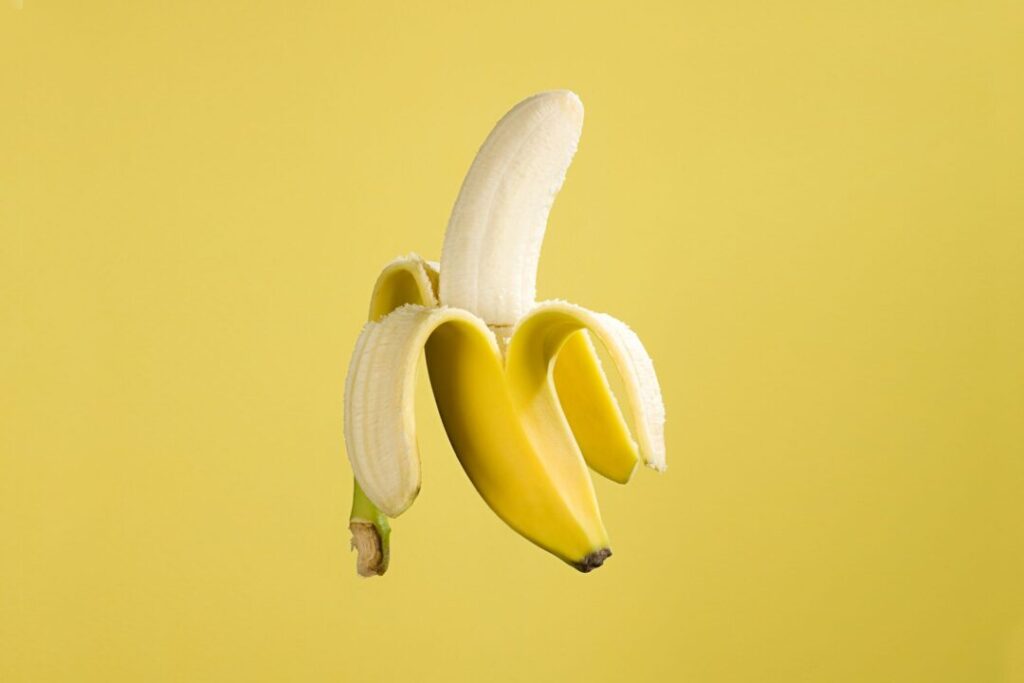Overview
A banana is an elongated, edible fruit – botanically a berry – produced by several kinds of large herbaceous flowering plants in the genus Musa. In some countries, bananas used for cooking may be called plantains”, distinguishing them from dessert bananas.

Nutrition Facts
Calories (100g): 89 cal
Macronutrients (% Daily Value*)
Total Fat · 0.3 g (2%)
Total Carbohydrate · 23 g (7%)
Dietary fiber · 2.6 g(10%)
Sugar · 12 g(0%)
Protein · 1.1 g (4%)
Health Effects
Benefits
Bananas are packed with nutrients including potassium; an electrolyte essential for a healthy heart. Potassium regulates fluid balance, which is a key factor in regulating blood pressure. Maintaining normal blood pressure throughout life reduces risk for stroke. The daily recommendation for potassium is 3,400 milligrams per day for men and 2,600 milligrams per day for women. One medium banana contains over 400 milligrams of this important nutrient.
Bananas are soothing to the digestive tract because they are rich in pectin; a soluble fiber that supports bowel function
Possible side effects
An allergic reaction to bananas can occur in individuals who have a latex sensitivity.
Quantity recommendations
Individuals who enjoy bananas can eat them on a daily basis throughout the week. They can be eaten with almond or peanut butter or added to oatmeal or plain yogurt for example. Bananas are an easy and inexpensive way to add a serving of nutrient dense fruit to the diet.


